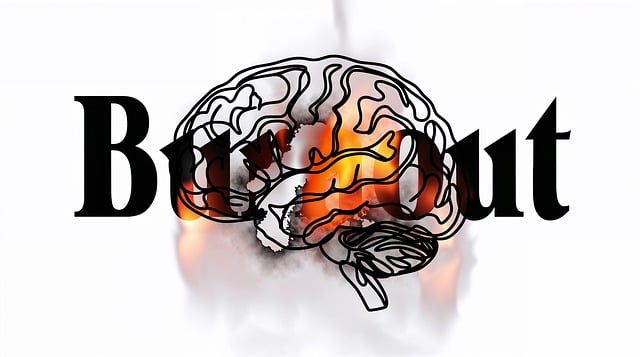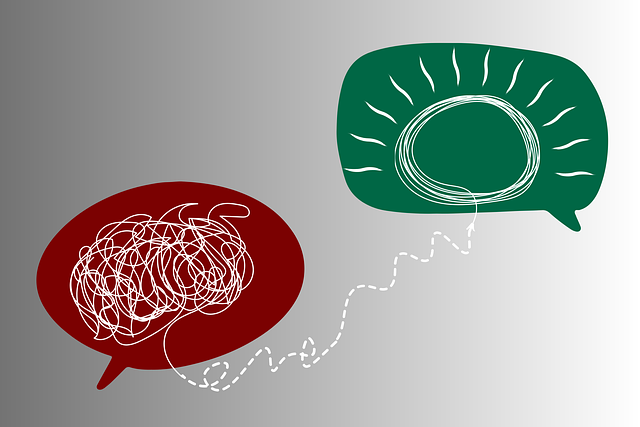Emotion regulation is a vital skill for young adults navigating modern challenges, impacting their well-being and success. Therapies like Acceptance and Commitment Therapy (ACT) provide effective frameworks teaching non-judgmental emotion acceptance and fostering resilience through self-care routines. Cultural sensitivity ensures personalized care by adapting techniques to individual backgrounds. Integrating these strategies equips young adults with emotional understanding, enabling them to navigate adulthood while prioritizing mental health. Therapy for Young Adults and Acceptance and Commitment Therapy empower individuals to embrace experiences, build resilience, and make meaningful changes for improved happiness and success.
Emotion regulation is a vital skill for young adults navigating life’s challenges. This article explores effective strategies, focusing on Acceptance and Commitment Therapy (ACT), a proven approach to enhancing emotional well-being. We delve into how ACT empowers individuals to accept their emotions while committing to valued actions. By providing practical techniques, this guide equips educators and caregivers with tools to teach young adults sustainable emotion regulation skills, fostering resilience and improved mental health outcomes.
- Understanding Emotion Regulation and Its Impact on Young Adults
- Acceptance and Commitment Therapy: A Comprehensive Approach
- Practical Techniques for Teaching and Implementing Emotion Regulation Skills
Understanding Emotion Regulation and Its Impact on Young Adults

Emotion regulation is a vital skill for young adults navigating an increasingly complex world. It involves recognizing, understanding, and managing one’s emotions effectively, ensuring they don’t overwhelm or hinder daily functioning. For this demographic, mastering emotion regulation can significantly impact their overall well-being and future success. Therapy for young adults, such as Acceptance and Commitment Therapy (ACT), offers a powerful framework to cultivate this skill.
ACT encourages individuals to accept their emotions without judgment, fostering a non-reactive mindset. This approach, combined with self-care routine development for better mental health, can lead to improved self-esteem and enhanced resilience. Moreover, cultural sensitivity in mental healthcare practice is essential, ensuring that emotion regulation techniques are adapted to each individual’s unique background and experiences. By integrating these strategies, young adults can better understand their emotional responses, making them more equipped to handle the challenges of adulthood while prioritizing their mental health.
Acceptance and Commitment Therapy: A Comprehensive Approach

Acceptance and Commitment Therapy (ACT) is a comprehensive approach that helps young adults manage their emotions by accepting what they cannot change while committing to actions that align with personal values. This therapy focuses on cultivating mindfulness, self-awareness, and flexible thinking to navigate life’s challenges. By learning to observe thoughts and feelings without judgment, individuals can develop inner strength and enhance their emotional well-being.
ACT encourages the participation in valued activities, even in the presence of difficult emotions, fostering a sense of purpose and meaning. Stress Management Workshops within this framework teach practical techniques for emotional regulation, promoting a more balanced and fulfilling life. Through ACT, young adults can learn to embrace their experiences, develop resilience, and make meaningful changes that contribute to their overall happiness and success.
Practical Techniques for Teaching and Implementing Emotion Regulation Skills

Teaching emotion regulation skills is a powerful tool for empowering young adults to navigate their emotional landscapes effectively. Practical techniques such as mindfulness practices and cognitive restructuring can help individuals become more aware of their emotions and develop healthier coping strategies. Incorporating methods from Acceptance and Commitment Therapy (ACT) offers a game-changing perspective, encouraging acceptance of difficult feelings while fostering commitment to valued actions. By teaching young adults to observe their thoughts without judgment, they can build inner strength and resilience, ultimately preventing burnout and reducing the impact of mental illness stigma.
These strategies go beyond mere theory; they are actionable tools that can be seamlessly integrated into daily routines. Whether in therapeutic settings or educational institutions, instructors can guide students through exercises like deep breathing, body scans, or guided visualizations to enhance present-moment awareness. Additionally, fostering a supportive environment where emotional expression is encouraged and normalized plays a pivotal role in the development of emotional intelligence. Through these teachings, young adults gain the agency to lead more fulfilling lives, equipped with the skills to manage their emotions constructively.
Emotion regulation skills are essential tools for young adults navigating life’s challenges. By understanding the impact of emotional dysregulation and adopting evidence-based approaches like Acceptance and Commitment Therapy (ACT), educators and caregivers can empower individuals to manage their emotions effectively. The practical techniques outlined in this article provide a roadmap for teaching emotion regulation, fostering resilience, and enhancing overall well-being among young adults. With ACT as a guiding framework, these strategies have the potential to revolutionize mental health support in this critical developmental phase.














